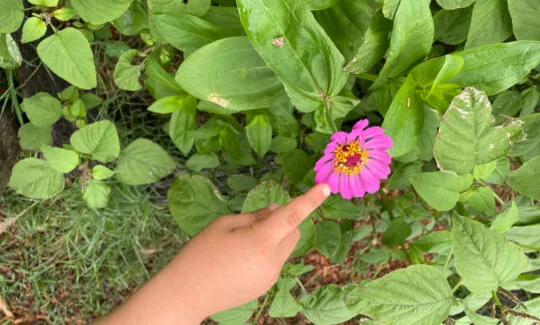2 Year School Readiness & Preparation For School
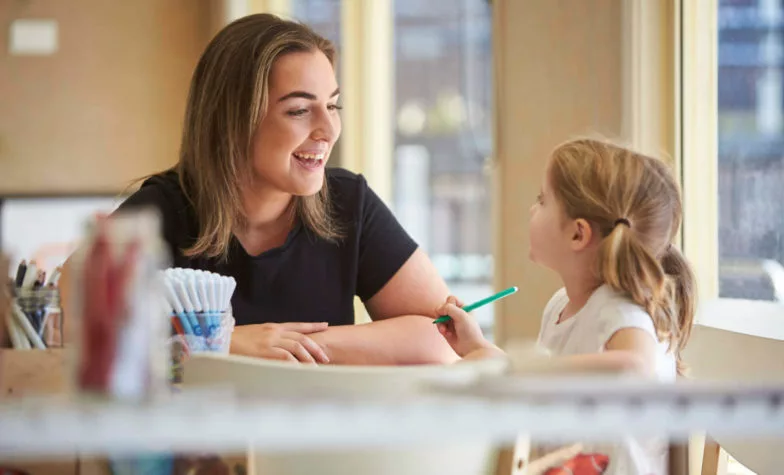
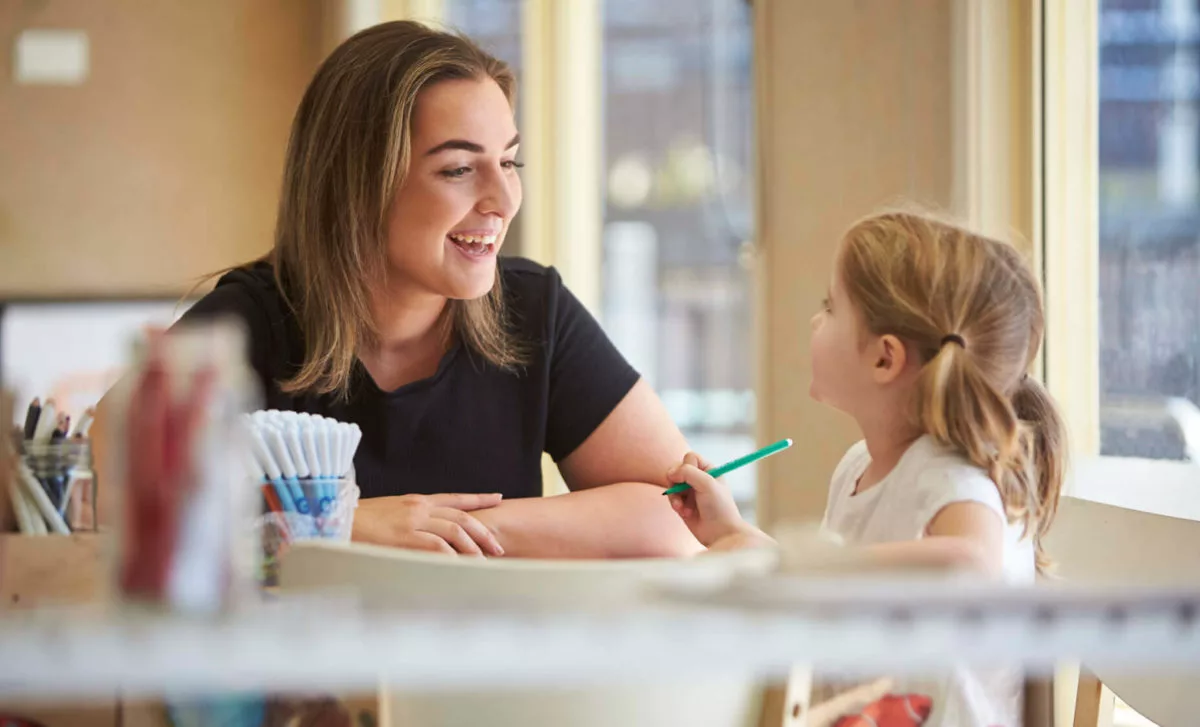
Prepare yourself as well as your child
There are things you can do to help yourself prepare for your child starting school. Things like setting up before and after school care services, if you will be using them, and thinking through the logistics of your new drop-off routine. Especially if it will mean multiple drop-offs in the mornings!
What can your child expect when transitioning from childcare to school?
There are some big differences your child can expect when starting school. These include:
- A new classroom, which may be bigger or smaller than the room they are familiar with at childcare.
- They will only have one teacher who will be responsible for all the children in the classroom, rather than having many Educators available to meet their individual needs.
- Your child will be required to sit at their desk for longer periods of time, without having the freedom to get up at any time and move around the room.
- A daily timetable that is busy and rigid, with lots of packing up and moving between different classes and teachers, such as music, sport, art, or languages.
- During morning tea and lunchtime, all the children will be sharing the same playground which means that your child will be mixing with children of various age groups.
- At school there will be new rules and routines for the children to learn. Such as putting up your hand, waiting your turn to speak, not talking to friends during work time or assembly.
- Your child will need to get to know a whole new group of children and make a new set of friends.
- Your child will also need to get into the routine of wearing a school uniform and sports uniform each day.
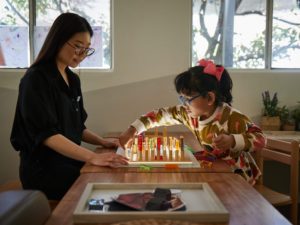
Building social and emotional confidence
Children gain a lot of confidence from learning to master doing things for themselves. The more independent they are in their year before school, the easier they will adjust to the expectations of their new school environment.
You can encourage your child’s independence by ensuring your child is:
- Walking into the campus in the mornings instead of being carried, and also carrying their own backpack.
- Dressing themselves independently. Which includes putting shirts, dresses, pants or skirts on, doing up or undoing buttons and zips, and putting shoes and socks on or taking them off.
- Able to use the toilet facilities on their own. At school there will be urinals for the boys and locks on toilet doors. Check that your child is familiar with, and can manage, these independently where appropriate.
- Taking responsibility for their personal belongings such as their hat, water bottle, backpack etc.
For more information on Independence read Top Tips to Encourage Independence in Children
Emotional wellbeing and school readiness
Ensuring your child is emotionally and socially ready is incredibly important to ensure they transition to their new environment smoothly.
Emotional wellbeing means:
- Your child has confidence in themselves and can work independently.
- They should be able to control and manage their emotions and behaviours, such as calming themselves down if they have become upset. Some children who are not mature enough might often become overwhelmed, or over-excited, or particularly upset or angry and lash out and act impulsively. Self-control is a significant life skill.
- Be able to show empathy to peers and teachers.
- Separate easily from you and be able to transition to the new environment of their school.
- Your child should be able to cope with changes, as they will be presented with a variety of new and different experiences when they start school.
- They should be able to deal with any problems that arise throughout their day without looking to an adult for constant assistance.
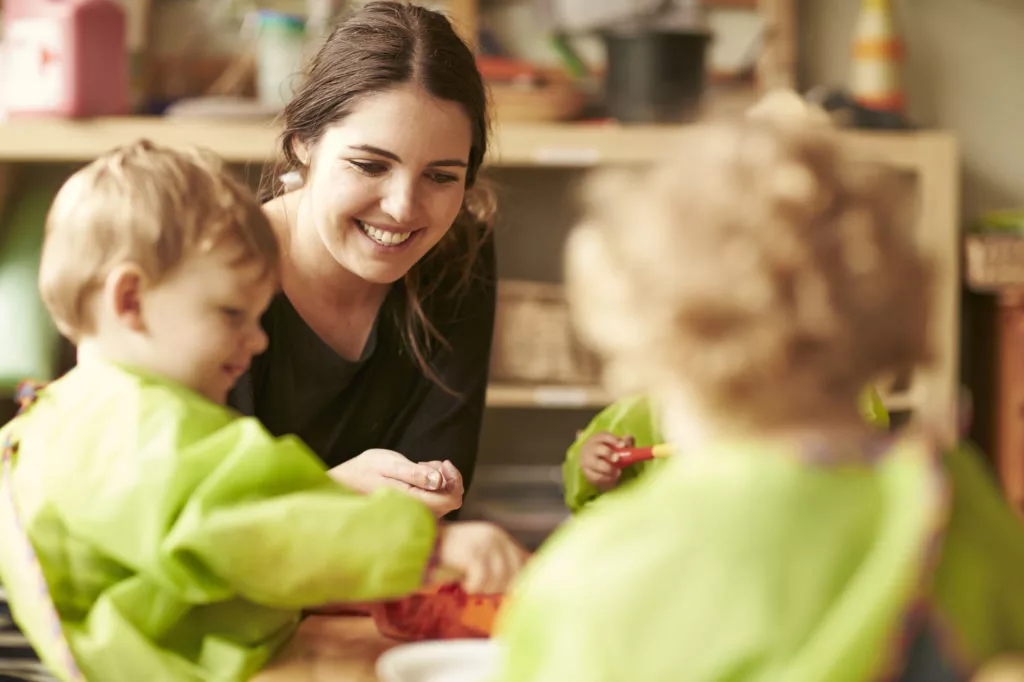
Writing and drawing skills in school readiness
These days there is much more focus on social readiness than academics like reading and writing. In terms of writing skills, the main foundation skills we look for in children going to school are hand strength and dexterity. Can your child use their hands to cut out simple shapes with scissors, hold a pencil with an adult “pinch” grip, and draw pictures with details like a person with many body parts? Having the strength and stamina to hold a pencil at school often requires extra effort for children, so providing lots of practice with activities like using scissors, opening packets and containers, squeezing play dough, digging in the sand and carrying heavy items all helps.
Language, communication and attention
Language, communication, and attention are other areas where your child will be required to have a certain level of skill. This means:
- Your child needs to be able to listen and concentrate for longer periods of time. Setting up and packing away new workbooks and activities and switching from focusing on one subject to another quite quickly. Also, working in large groups and small groups and swapping frequently between the two.
- It is important that they can follow two-to-three step directions, such as “Pack away your work, get your hat from the hook, and wait in a line at the door”. And they should be able to listen to directions without forgetting what they are doing.
- Following through with tasks set from the day before.
- Answering questions appropriately.
- Having the skills to initiate and maintain conversations with adults and peers.
- Speech sounds and overall intelligibility.
What else can you do to help your child prepare?
- Talk about starting school in a positive and enthusiastic way.
- Read books that associate positive feelings about school.
- Talk positively about your own memories of school.
- Talk with siblings/cousins who are at school and enjoying their time there.
- Talk with your child’s current Only About Children Educators and determine any areas requiring additional attention or practice at home.
- Visit your child’s new school so that they become familiar with the environment.
- Attend any school orientations that are offered between now and when school starts.
- Establish a regular bedtime routine, remembering that children of this age still need an average of 10-11 hours’ sleep.
- Establish a morning and afternoon routine that your child can follow.
- Try limiting screen time and encouraging outdoor play, creativity and imagination.
- Establish regular times to spend together as a family, such as mealtimes.
- Encourage your child to have a few jobs to do around the house to give them a sense of responsibility and accomplishment.
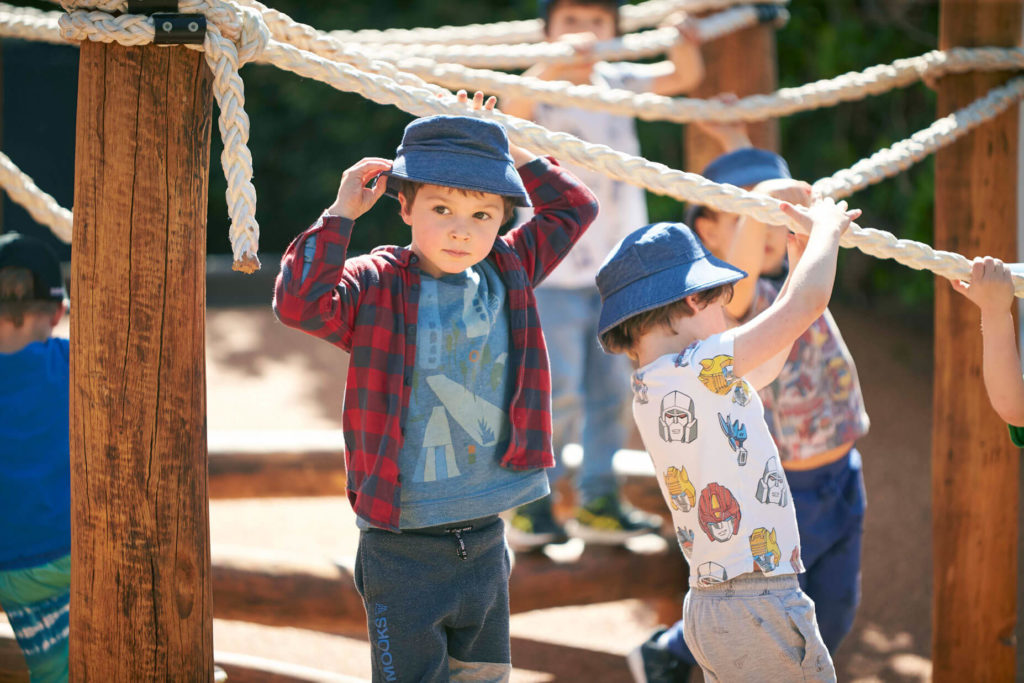
Some questions to reflect on when considering your child’s school readiness
- Can they make an independent decision and follow through on this?
- Do they have ideas of their own?
- Can they follow two or three instructions at the same time?
- Can they move on to new activities easily?
- Do they separate well from their parent/carer?
- Do they show interest in other children?
- Do they interact with other children?
- Can they recognise and express their feelings and needs?
- Can they concentrate on a task?
- How do they deal with frustration?
If your child is enrolled at Only About Children, please speak with your Campus Director or Educators if you have any questions regarding your child’s school readiness. This can include questions about social skills, emotional well-being, independence and communication skills as they prepare for their new school environment!
Learn more about how our Health & Preschool program can help your child prepare for school.
Only About Children can help your child to grow, make friends and explore the world.
Only About Children can help your child to grow, make friends and explore the world.
Related Reads
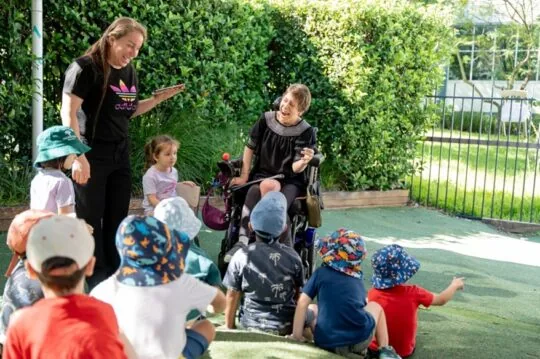
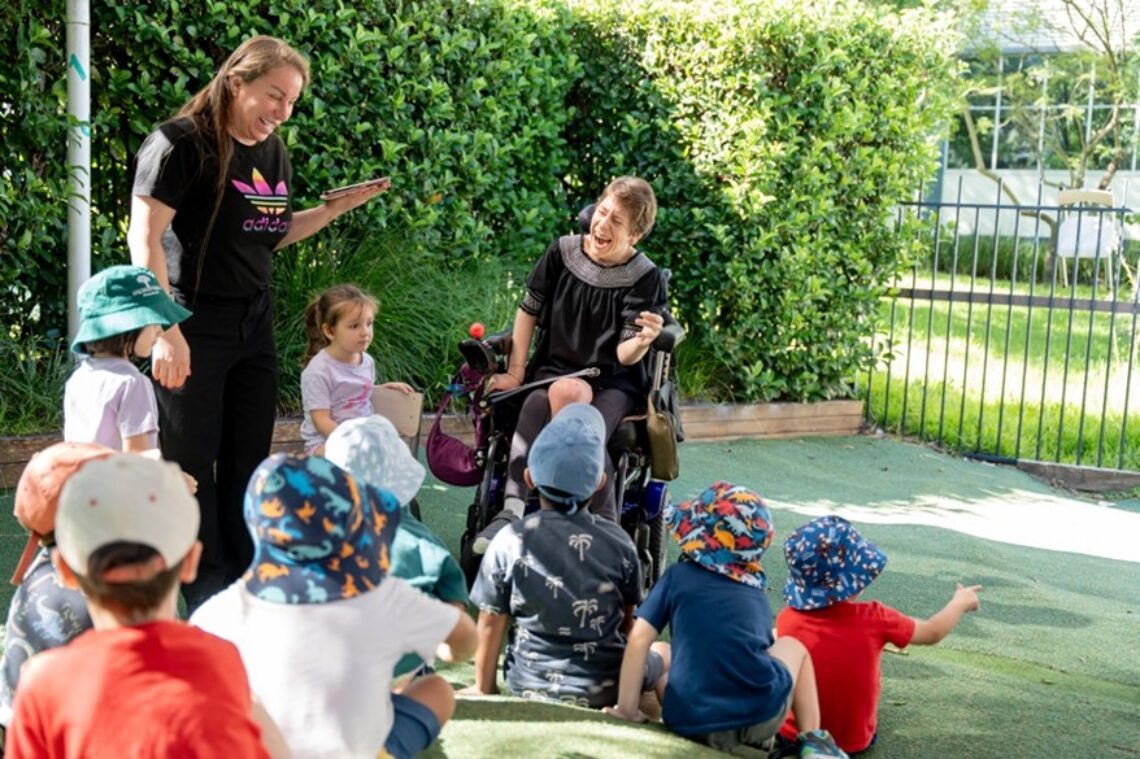
Bec Celebrates 10 Years Working In Her Dream Job At OAC Concord
Rebecca Donatiello (Bec) celebrates 10 years working and learning at Only About Children Concord.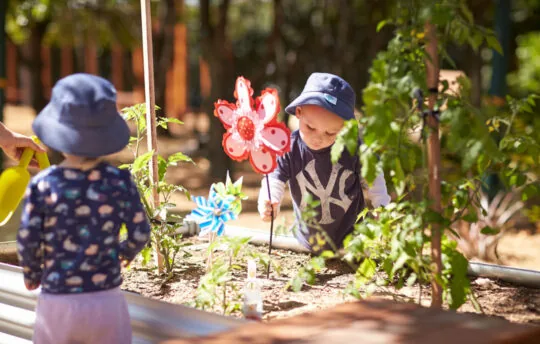

Choosing The Right Preschool/Kindergarten For Your Child
Choosing the right Preschool/Kindergarten for you child can be a daunting task. When exploring the ideal preschool choices for your child, there is no need to navigate blindly. Simply by asking the right questions, you can find the perfect match.